
Donald Trump, who has become a Rorschach test for American attitudes on politics, culture and society, has now declared war on the country’s colleges and universities over their attitudes toward antisemitism. The ambivalence and passivity of these schools’ responses to the campus violence that has occurred in the aftermath of the October 7 Hamas terrorist attacks is beyond dispute. But Trump’s decision to use this controversy as the opening salvo in his administration’s much broader assault on institutions of higher learning has deeply divided both the Jewish community and the nation as a whole.
Much of this debate reflects disagreements regarding Trump’s own attitudes toward the Jewish community. His backers cite his support for Israel and his affection for his grandchildren. His opponents point to his habit of surrounding himself with Holocaust deniers and minimizers, as well as his controversial reaction to the Charlottesville riots. But in this particular battle, his personal feelings are less relevant than the impact of his administration’s agenda.
Whether the administrators at these schools are guilty of racial or religious bigotry is also less important than the effect of their actions — or inaction — throughout this tumultuous time period. It’s more accurate to criticize them for religious and ethnic-based double standards in which Jewish students are treated differently and offered less support and protection than members of other underrepresented communities receive under similar circumstances. This type of selective engagement is abhorrent, and the decisions of many schools’ leaders to minimize, excuse or ignore such ugly and dangerous behavior against the Jews on their campuses left our children and grandchildren in inexcusable moral, physical and psychological danger. They must be held to account so this does not happen again.
The question is how to hold them accountable and maximize the likelihood of productive action. Trump wants to take away large amounts of federal grant money on which these schools rely. But while some of his demands would require universities to provide more serious vigilance to guard against the outbreaks of antisemitism on their campuses, many of his conditions are about topics in unrelated or barely related areas. Some of the issues that Trump raises are valid, others are merely distractions. But addressing on-campus prejudice against Jews requires a more focused effort.
Most of us agree that universities must do a better job of protecting Jewish and pro-Israel students. After 30 years on college campuses, I would support efforts to increase ideological diversity among faculty members. But I also worry about the obstacles that the Trump administration would construct to prevent international students from attending our schools.
And debates over broader issues such as diversity, inclusion and equity programs are much more fraught and will not be decided anytime soon. Attaching necessarily enhanced efforts to fight antisemitism to debates that will take years to resolve does the cause of fighting anti-Jewish hatred no good. In fact, it makes the safety of Jewish and pro-Israel students even more difficult to achieve.
Trump understands that linking these controversial matters to the more popular cause of anti-antisemitism works to his political benefit. Further, highlighting ethnic and racial tensions is much more helpful to him than enduring disagreements over tariffs, taxes and inflation. So capitalizing on the growing populist resentments toward higher education among working class voters, along with an equally high-profile fight over immigration and deportation policy, is an ideal way of shifting the debate toward more favorable terrain.
Going to war with the most elite colleges and universities in the country has given Trump the opportunity to turn the national political conversation away from the economic issues that have damaged the first months of his term. Trump’s poll numbers have suffered greatly after he announced his plans for higher fees on goods imported from other countries, and the subsequent rise in food and housing costs will cause great discomfort for many of his most loyal backers. But redirecting that anger in another direction – toward universities, immigrants and other convenient foils – will allow him to remove himself from the line of fire and escape much of the fallout.
Dan Schnur is the U.S. Politics Editor for the Jewish Journal. He teaches courses in politics, communications, and leadership at UC Berkeley, USC and Pepperdine. He hosts the monthly webinar “The Dan Schnur Political Report” for the Los Angeles World Affairs Council & Town Hall. Follow Dan’s work at www.danschnurpolitics.com.



















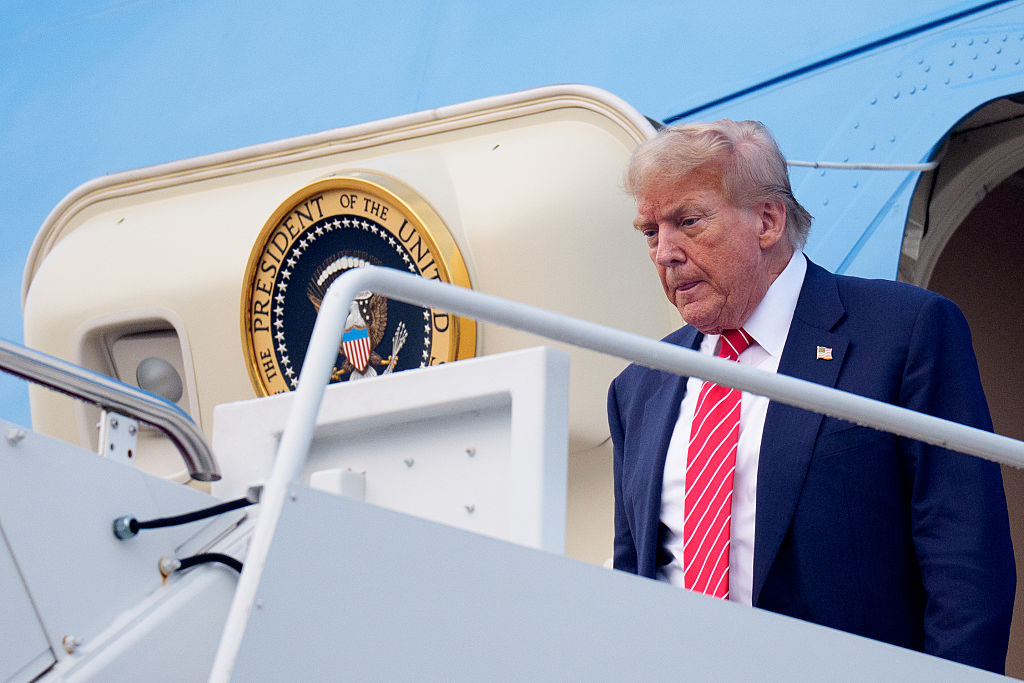



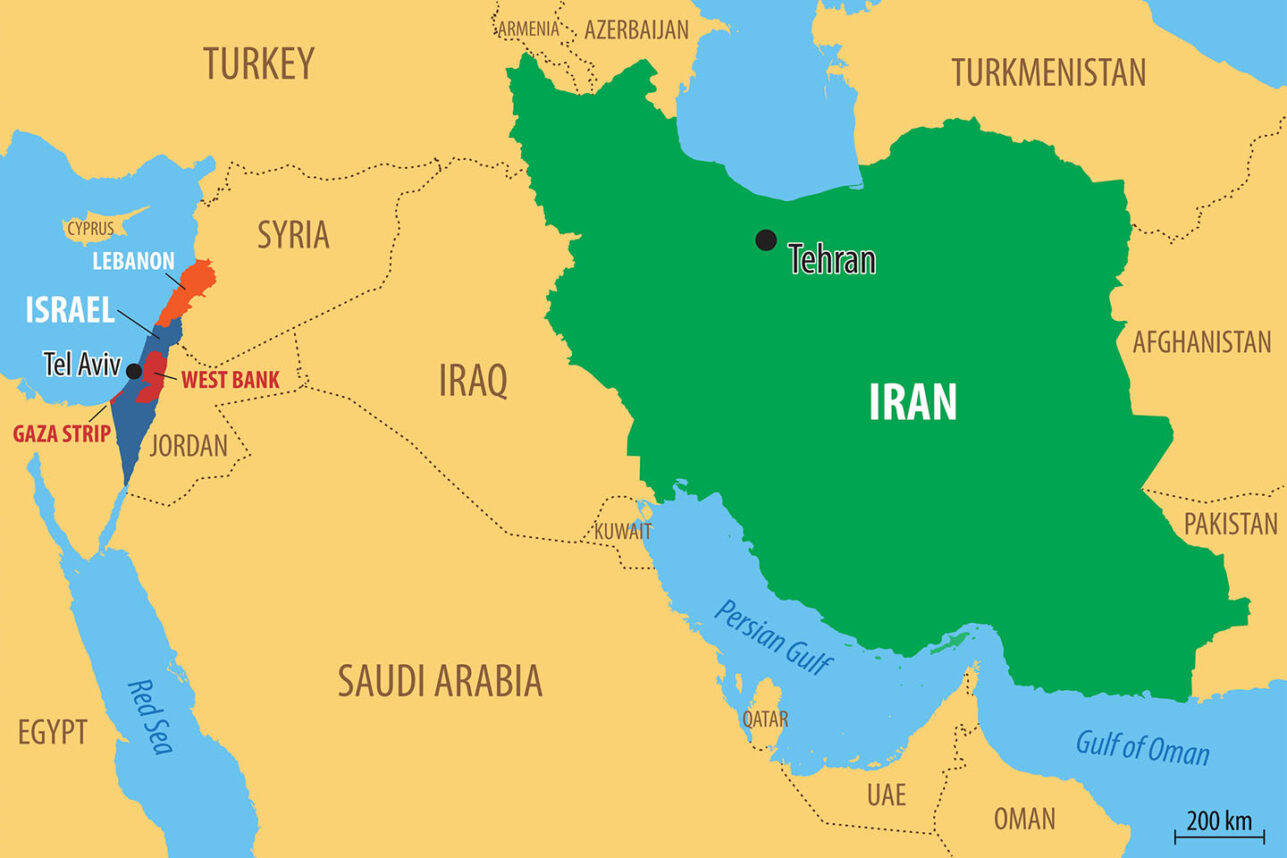

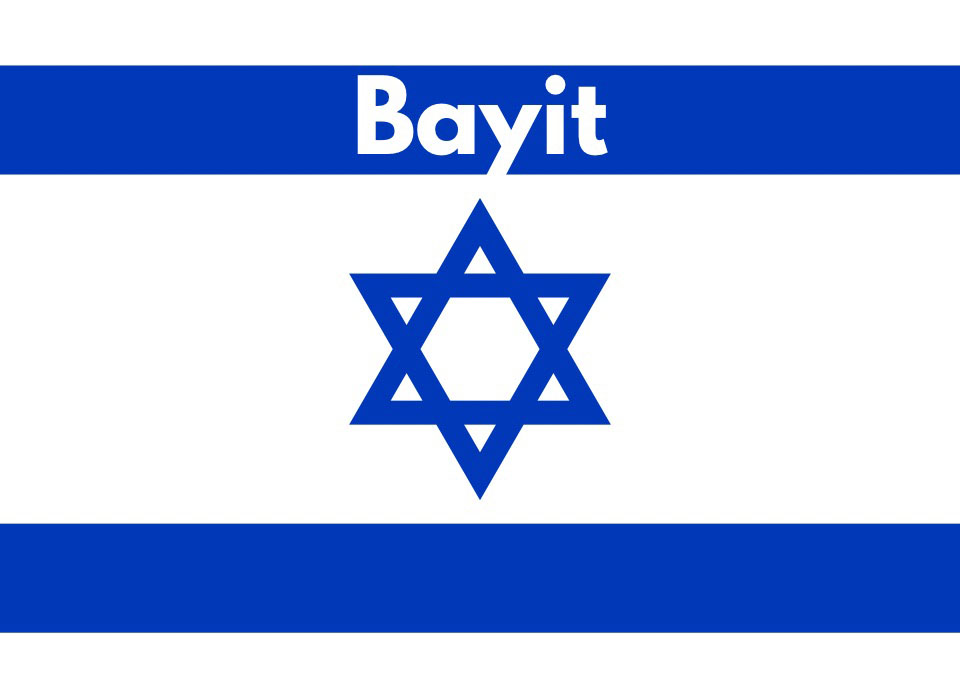


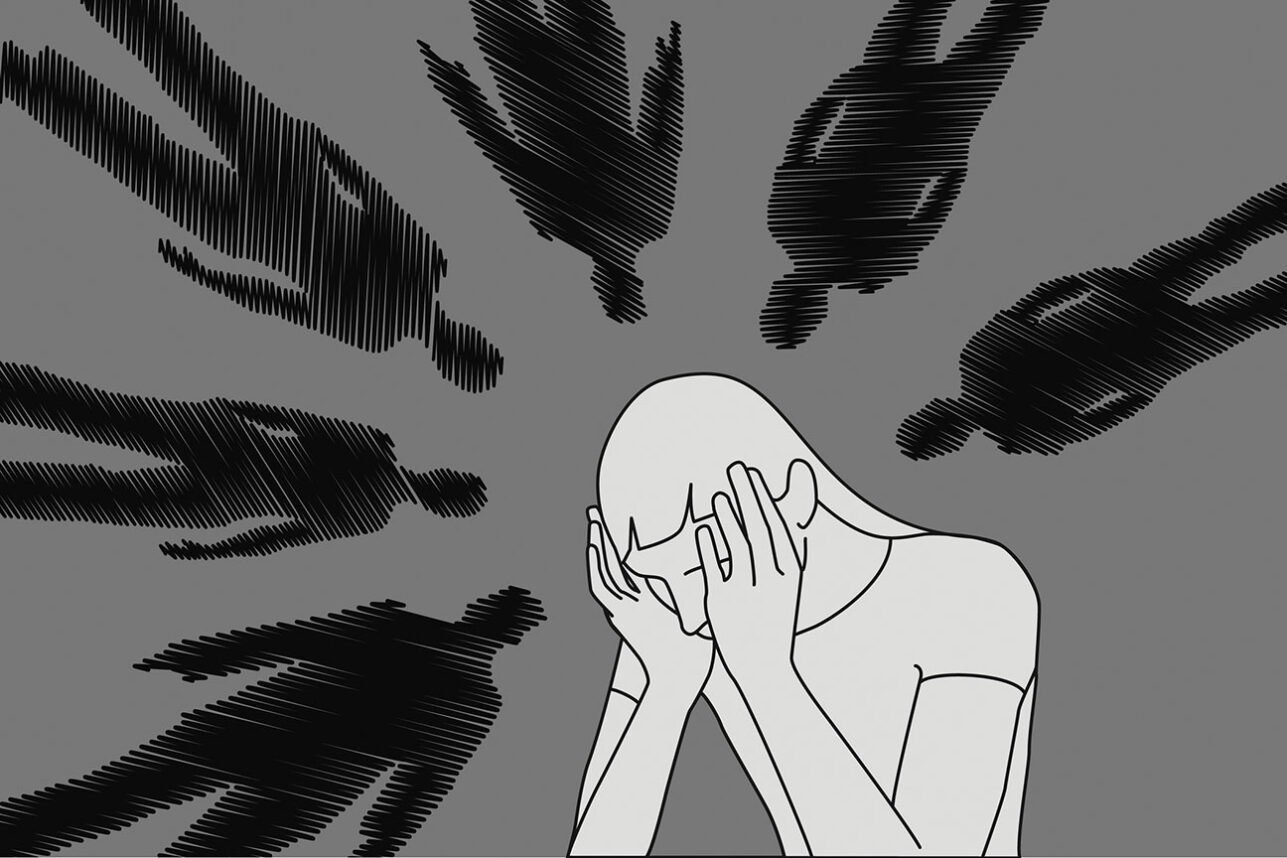
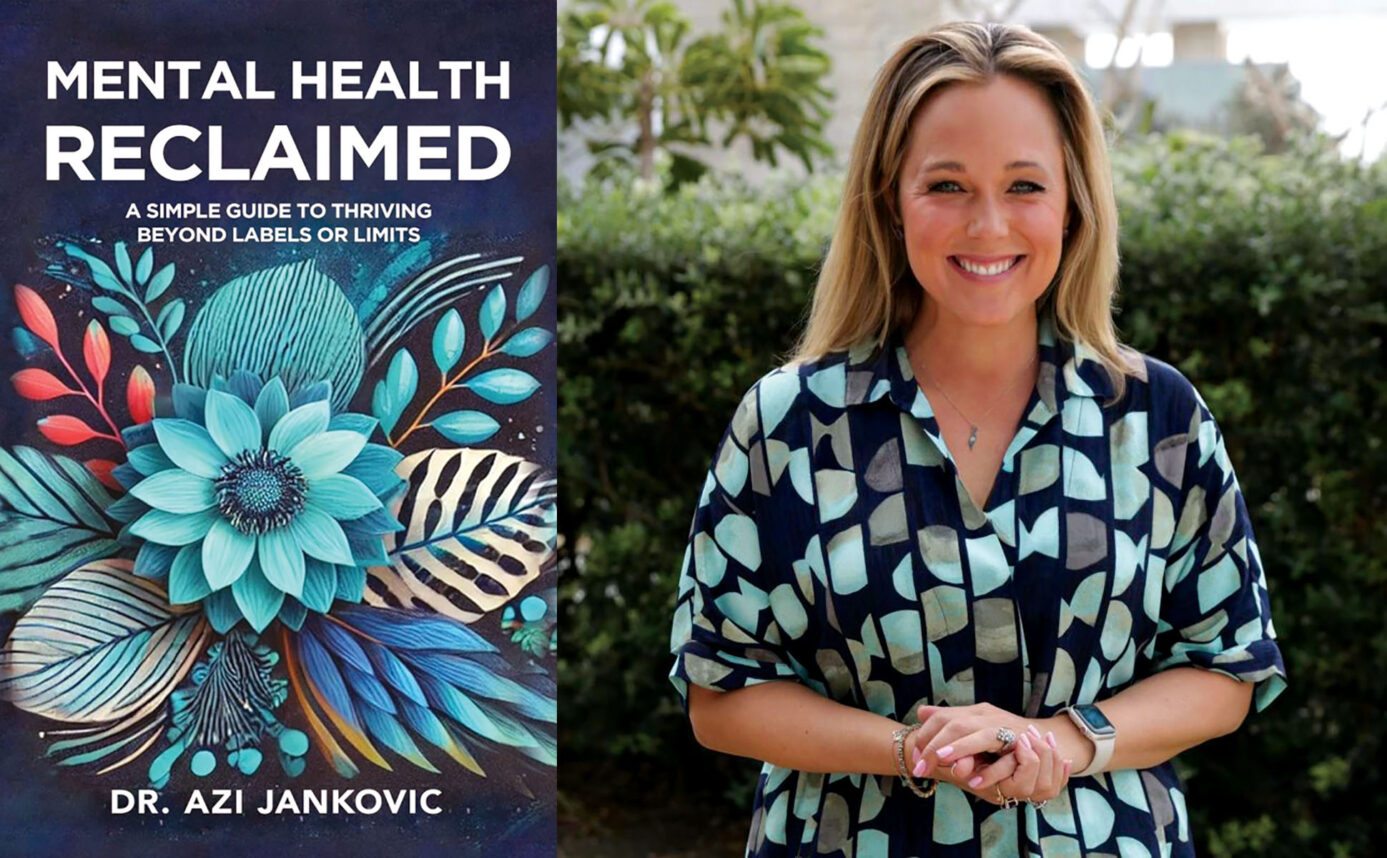




 More news and opinions than at a Shabbat dinner, right in your inbox.
More news and opinions than at a Shabbat dinner, right in your inbox.